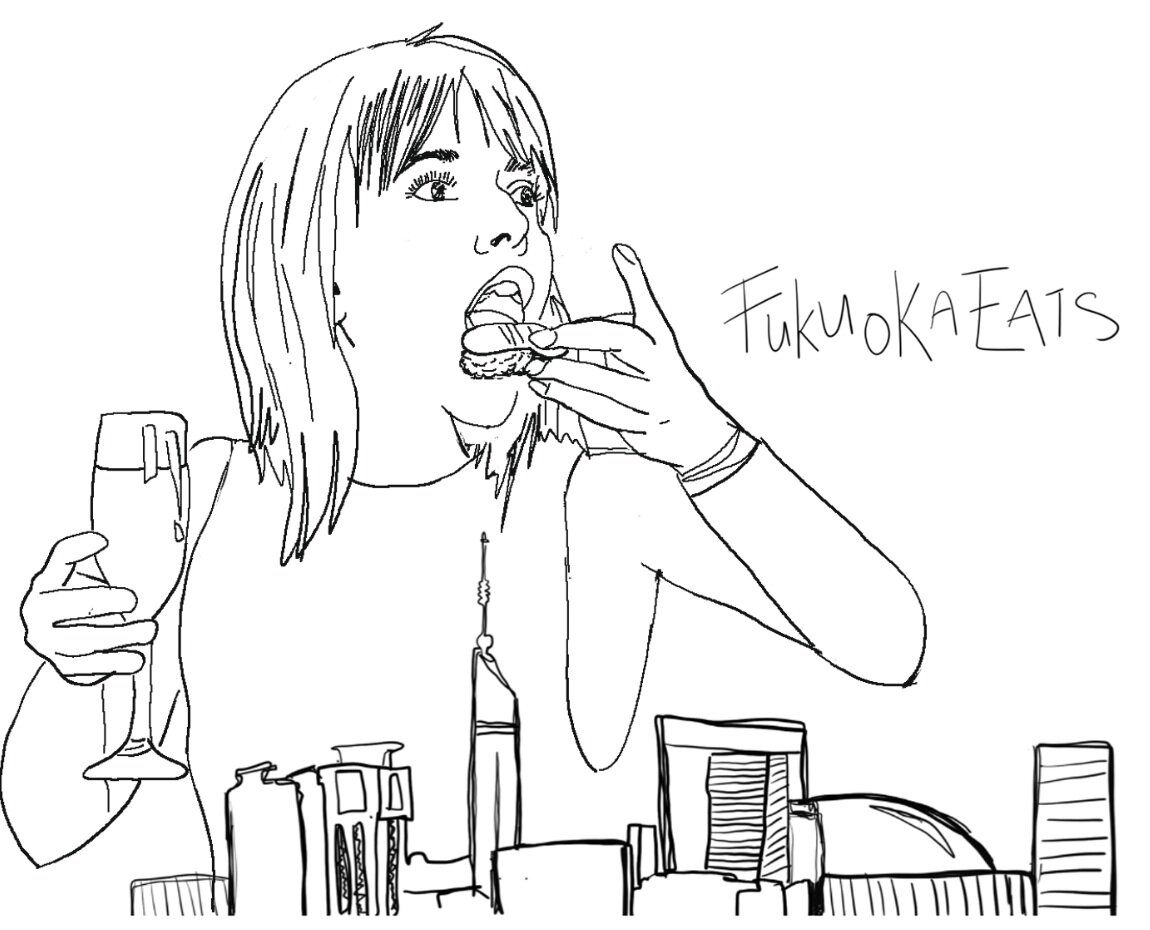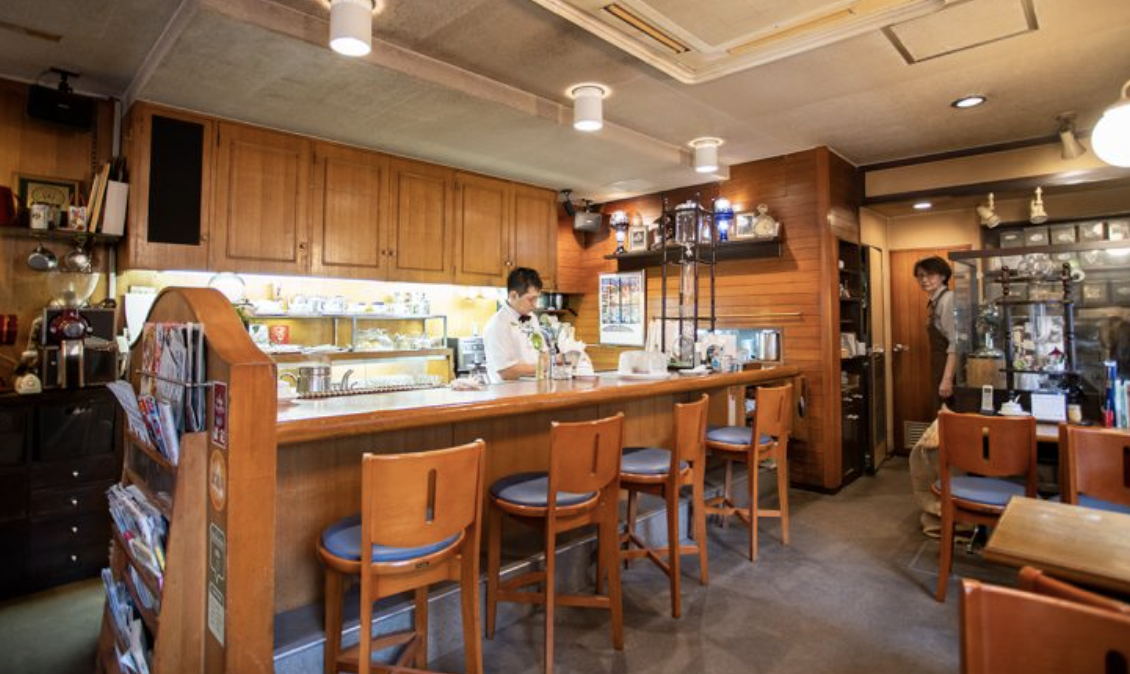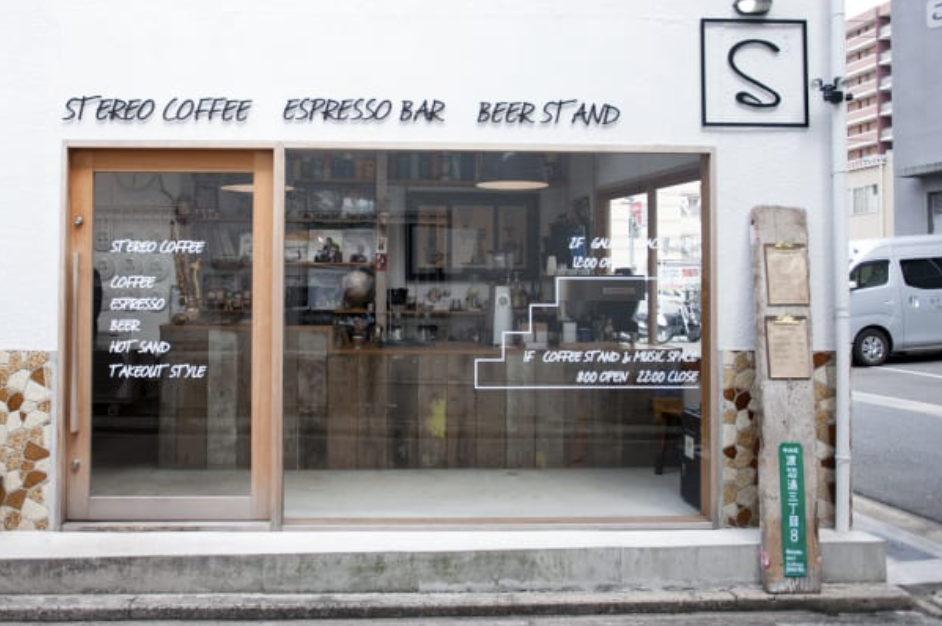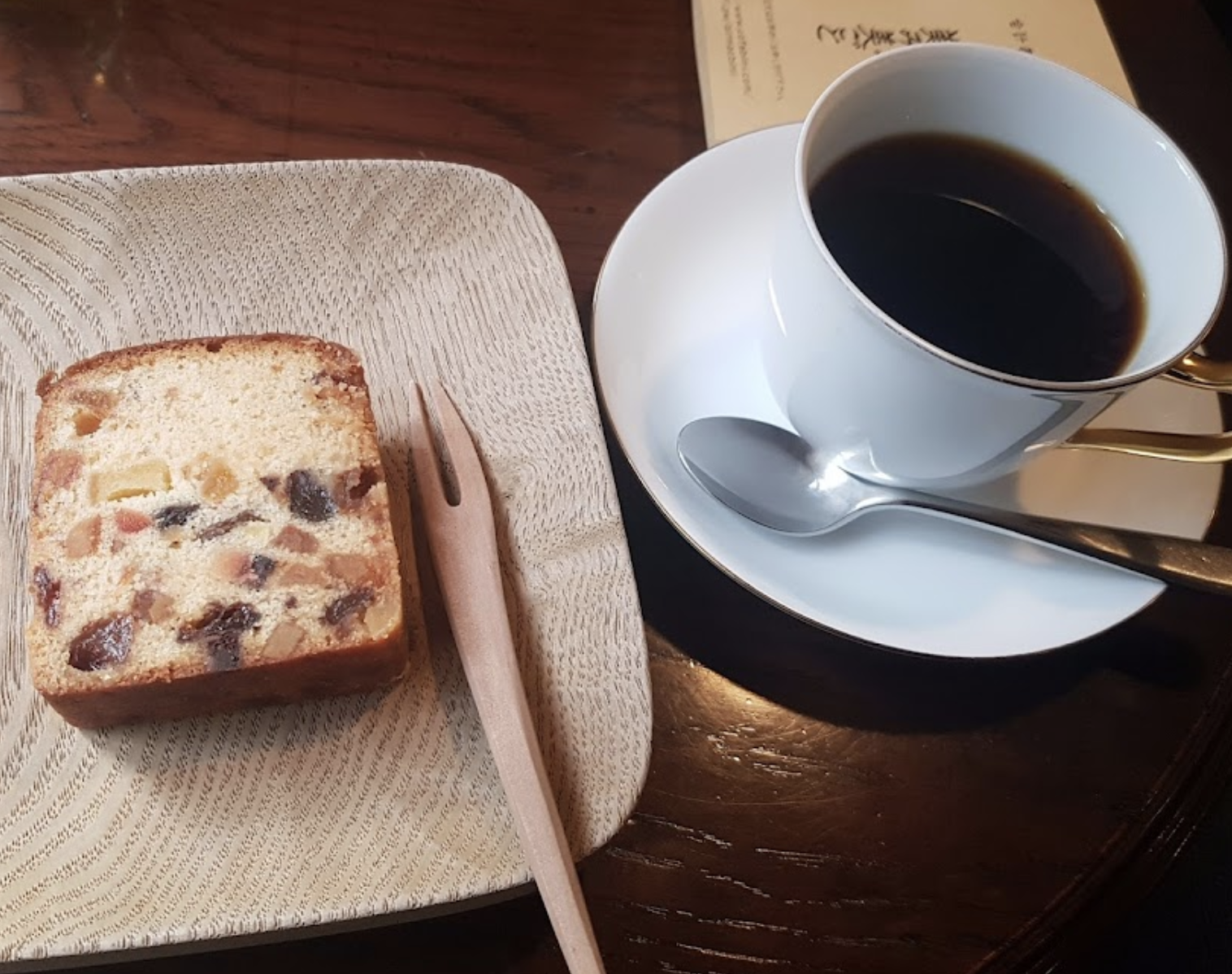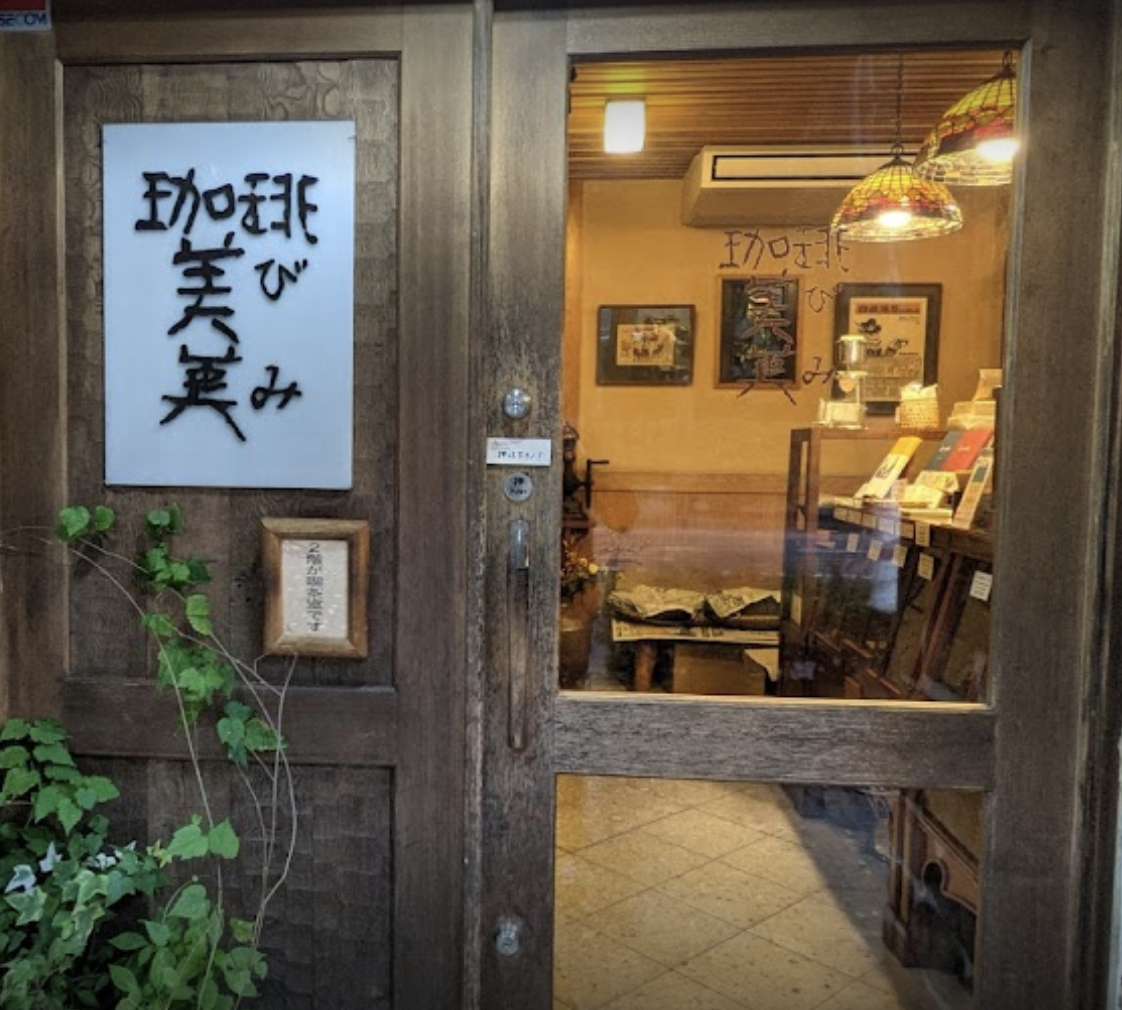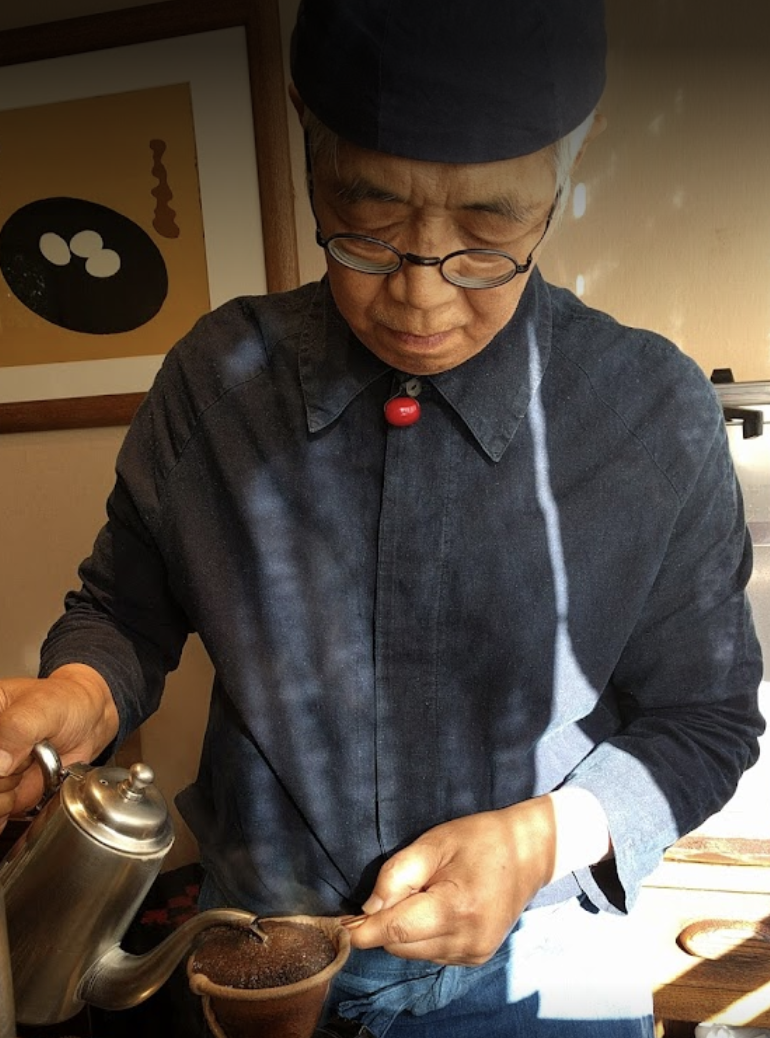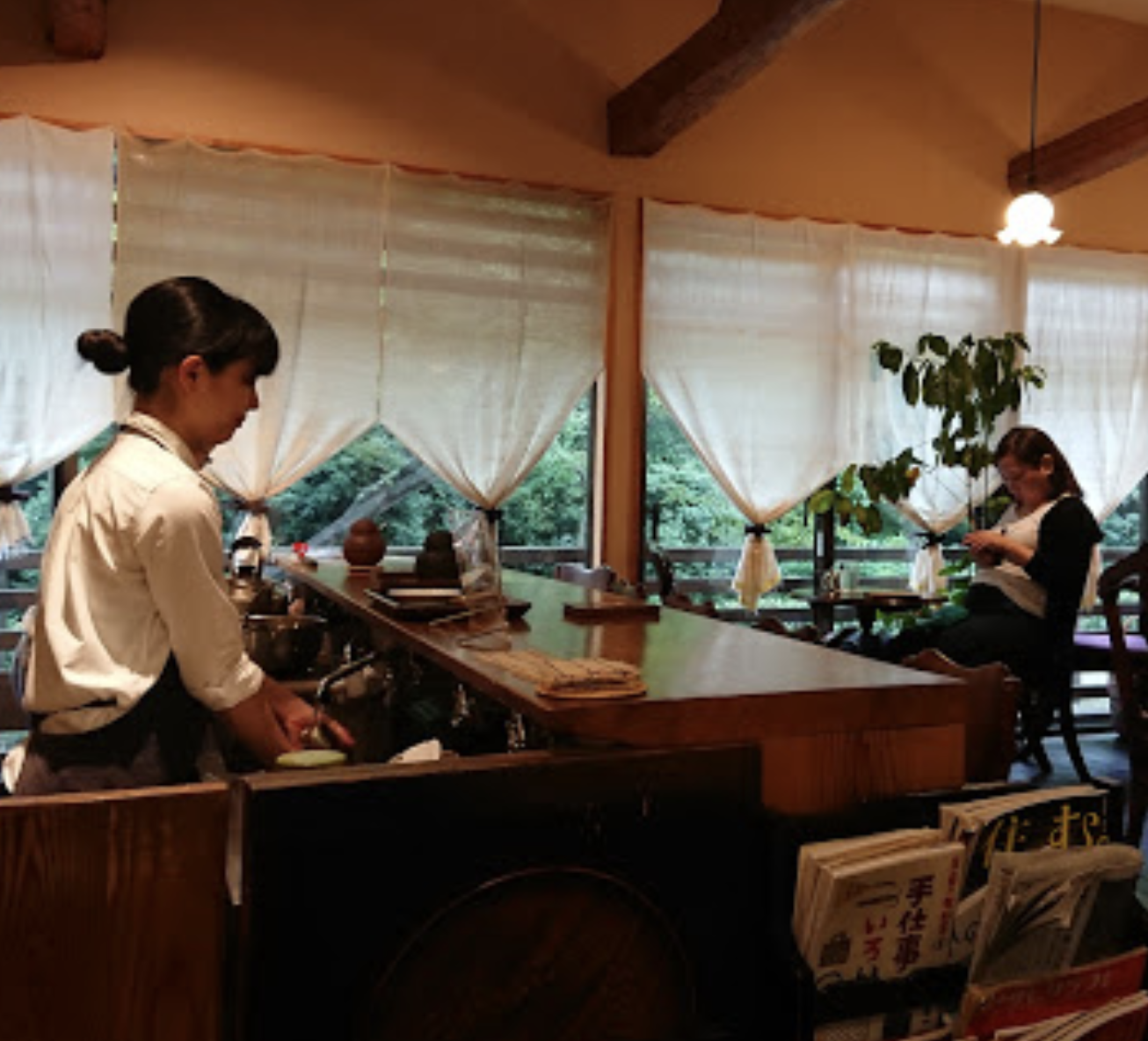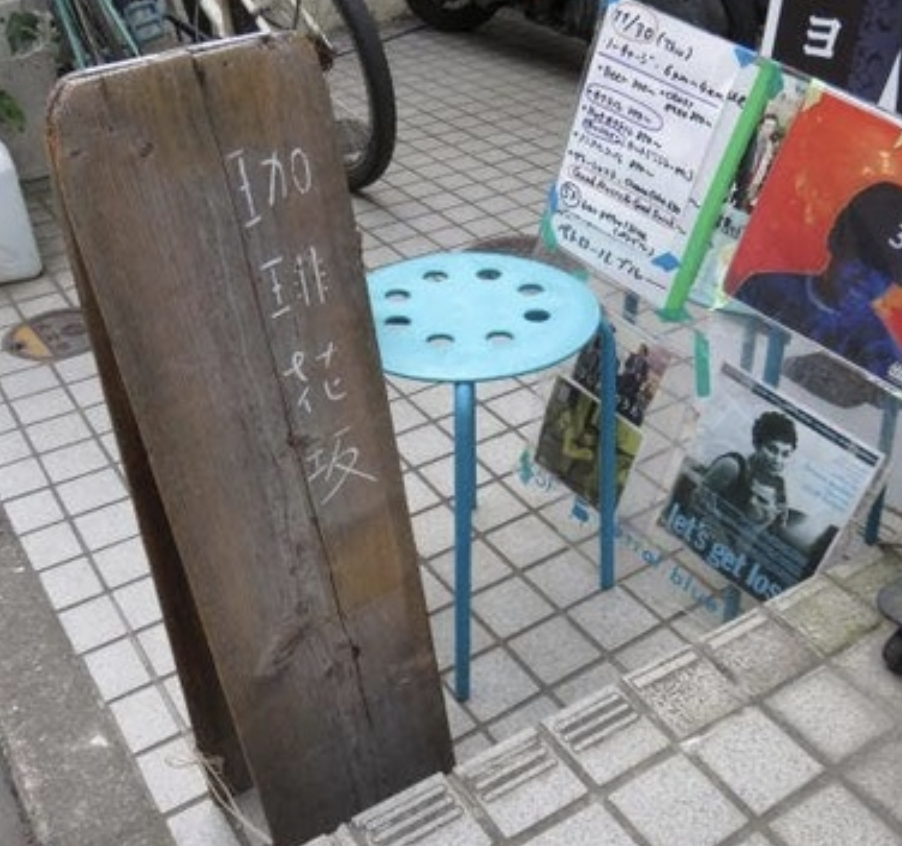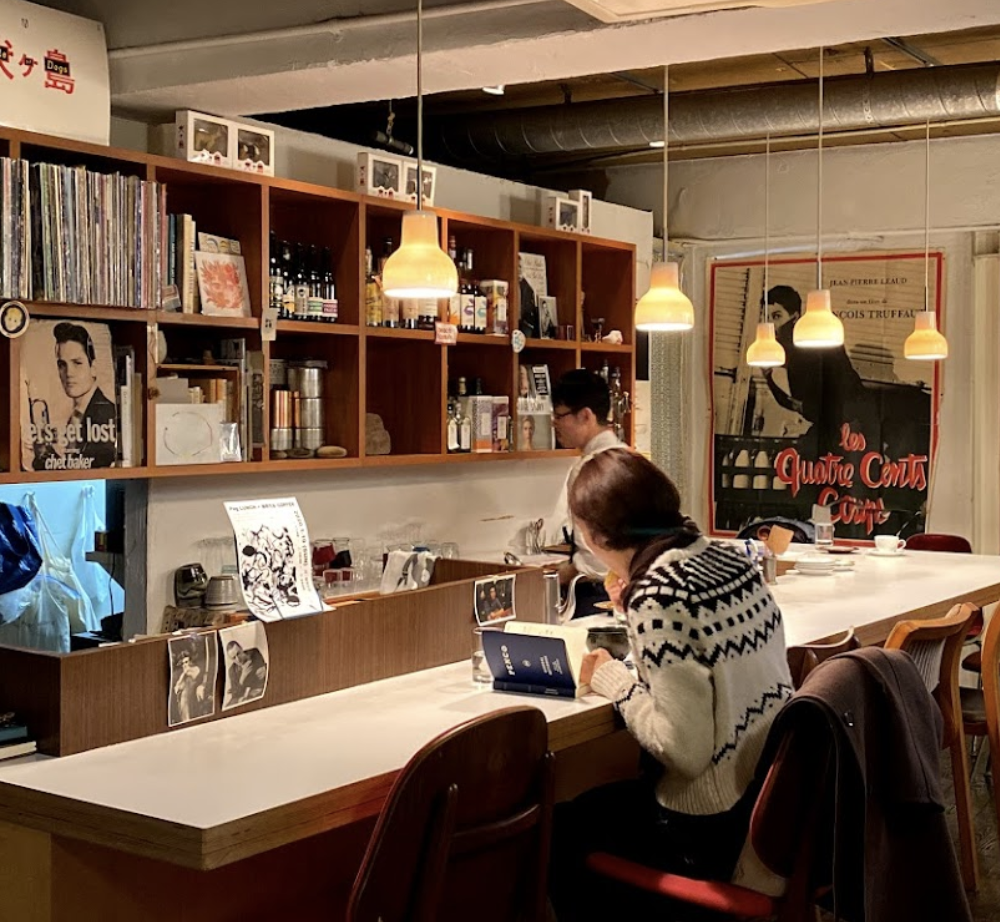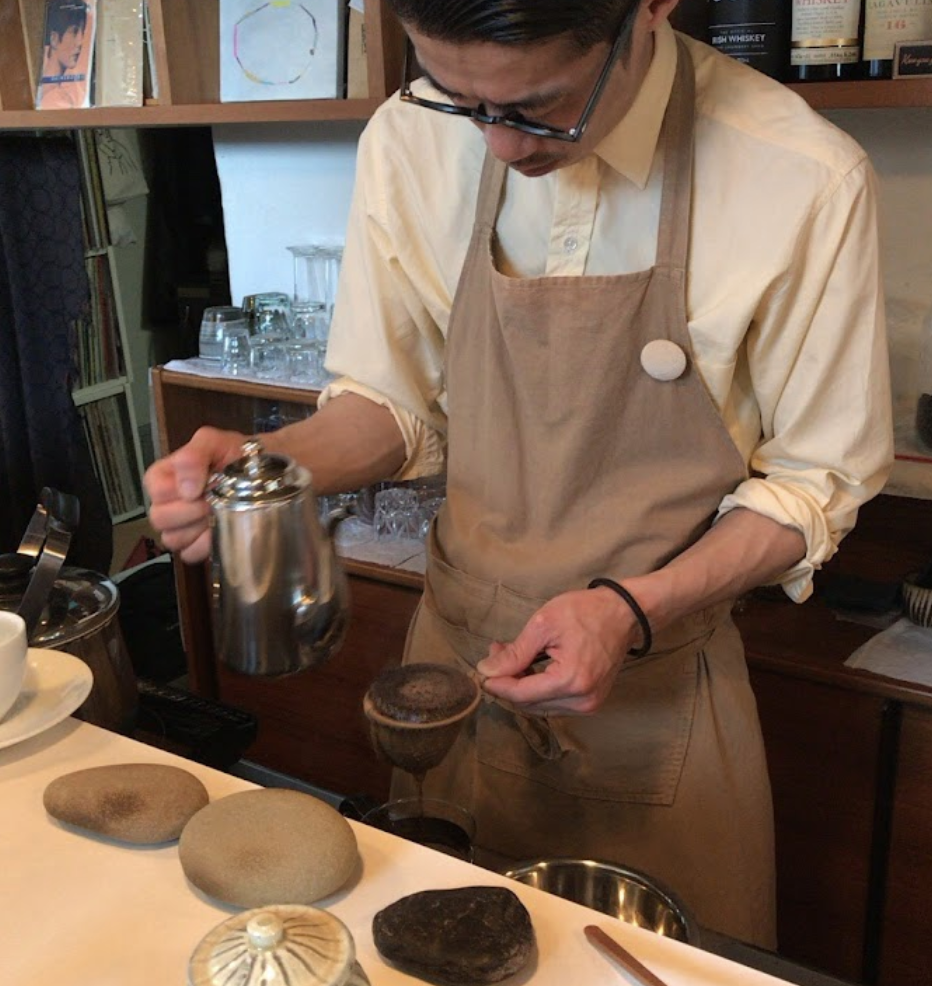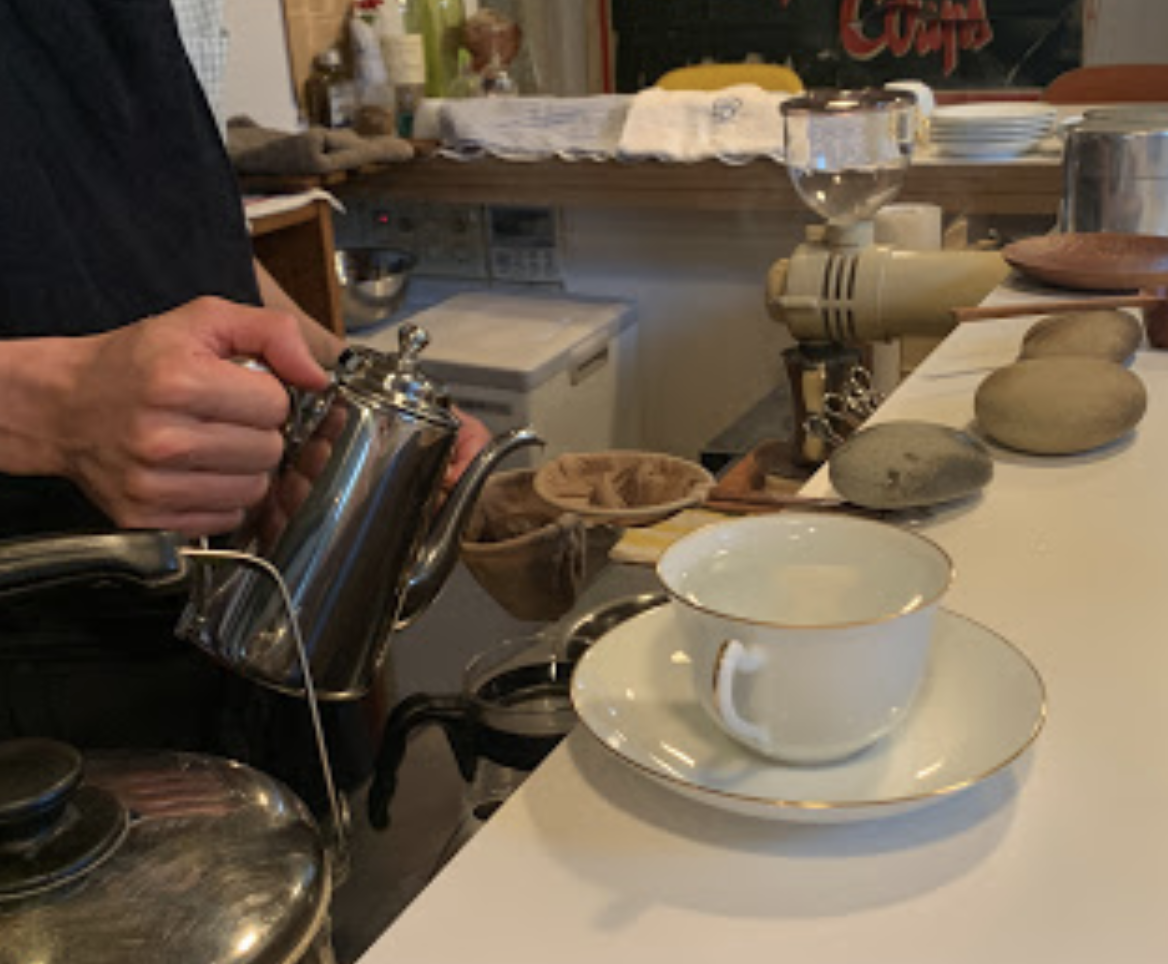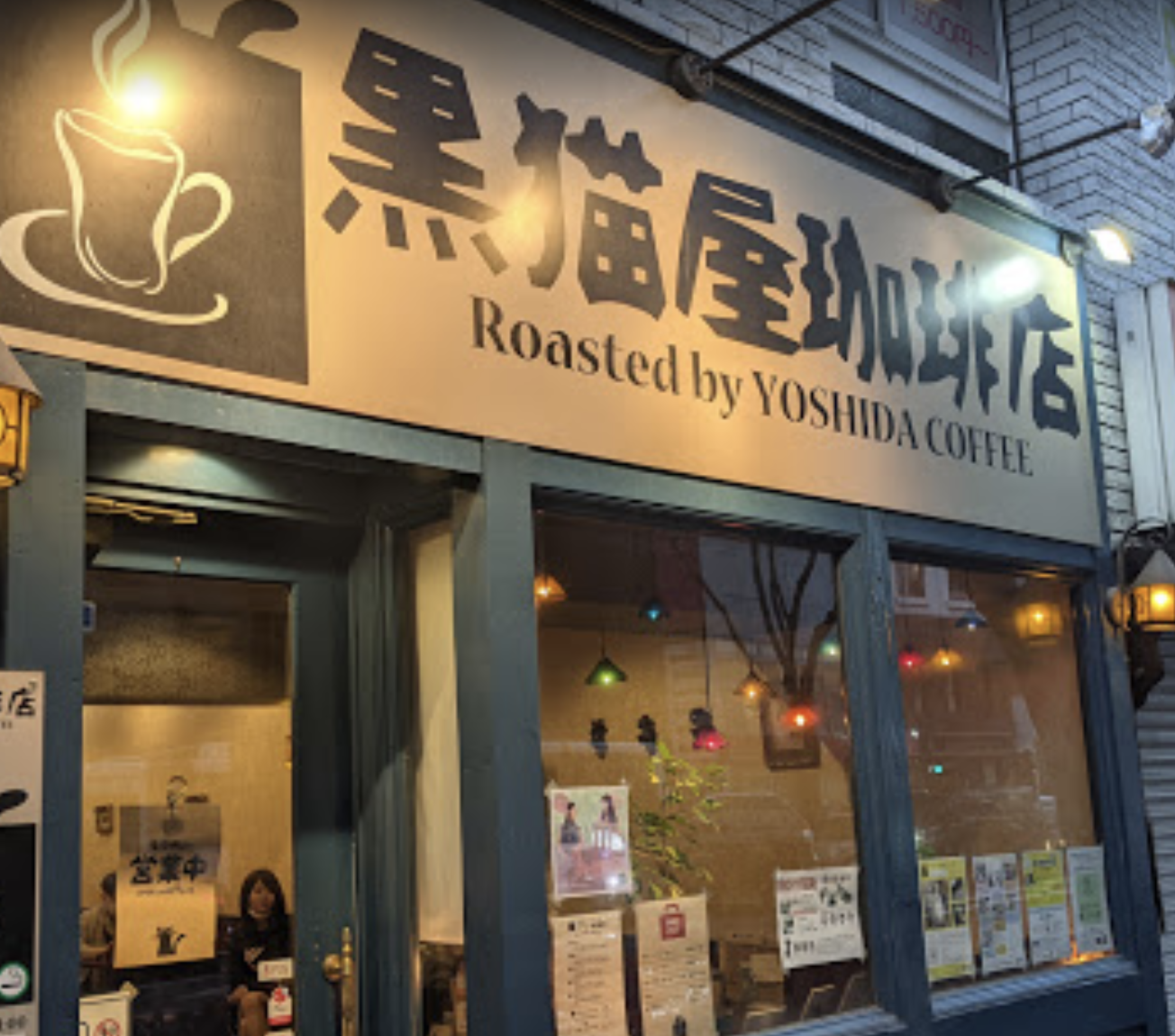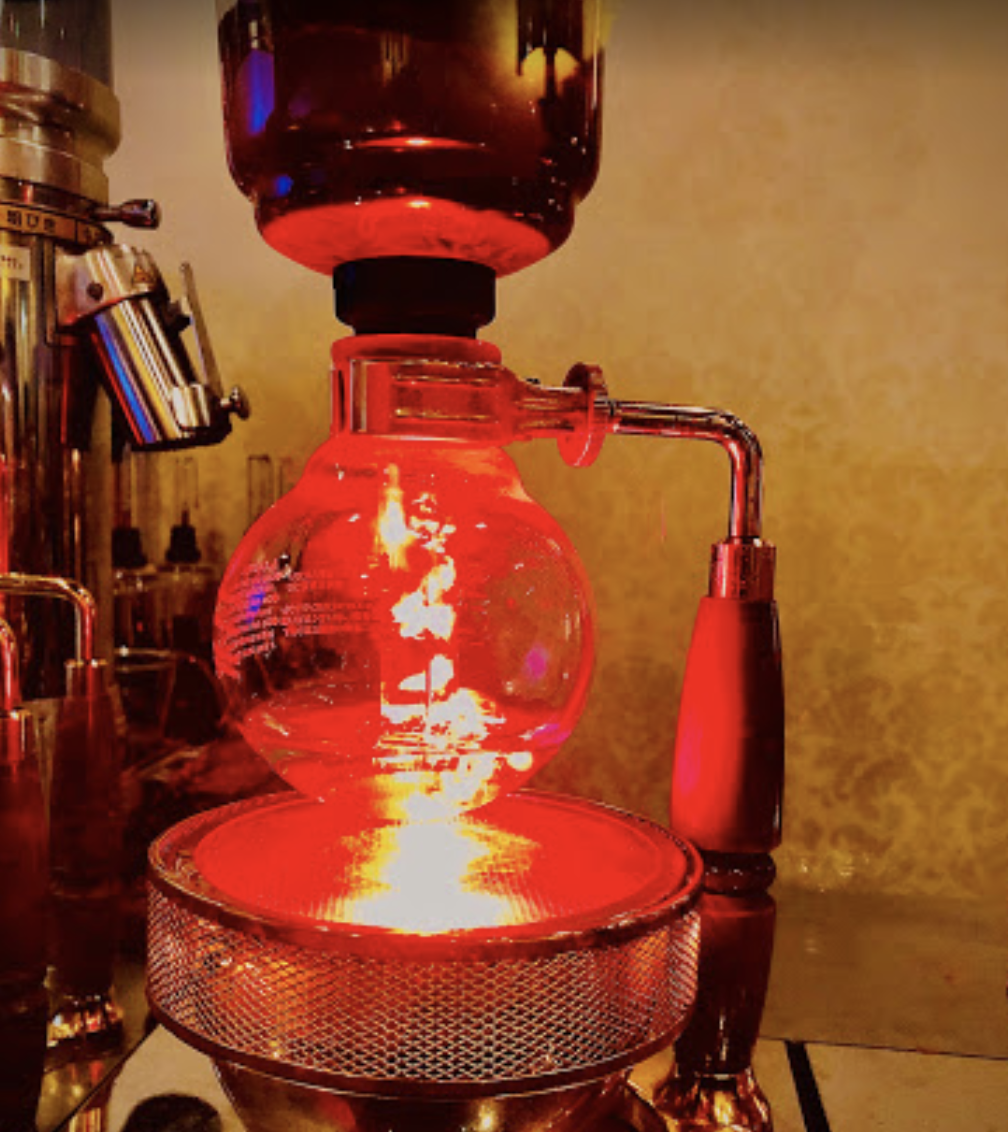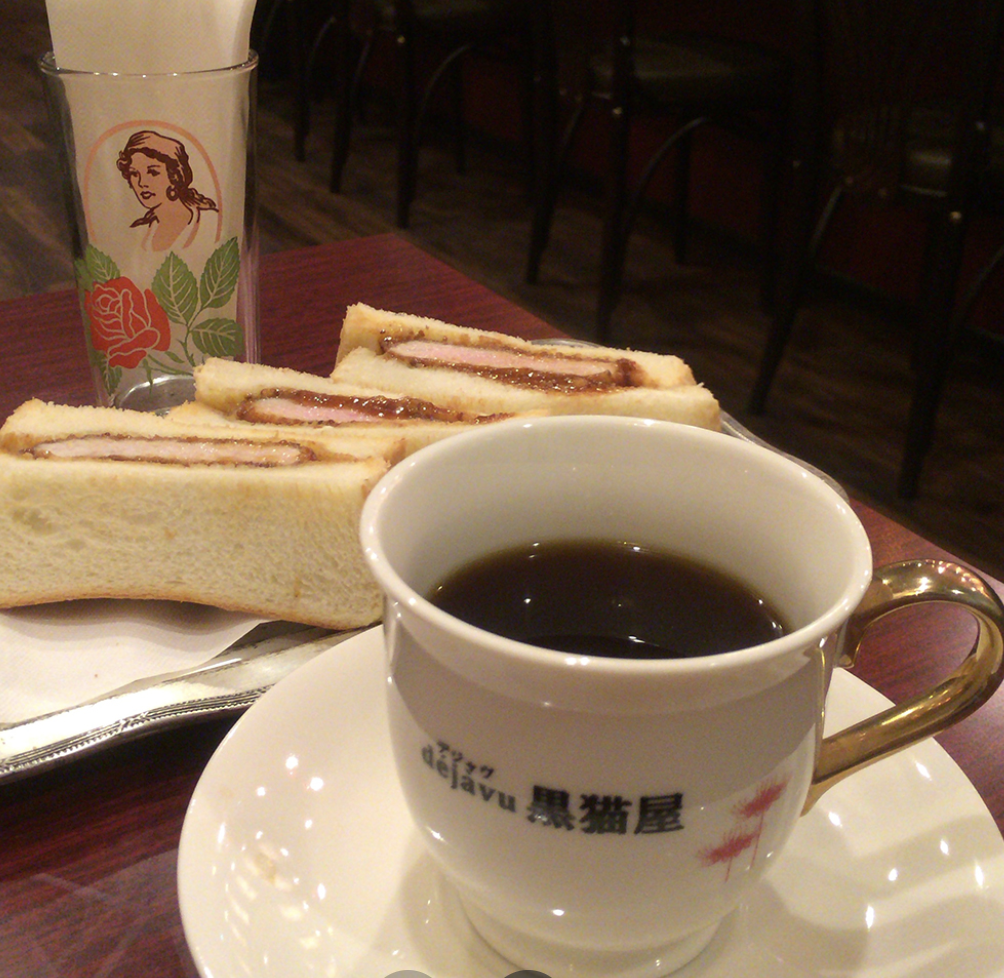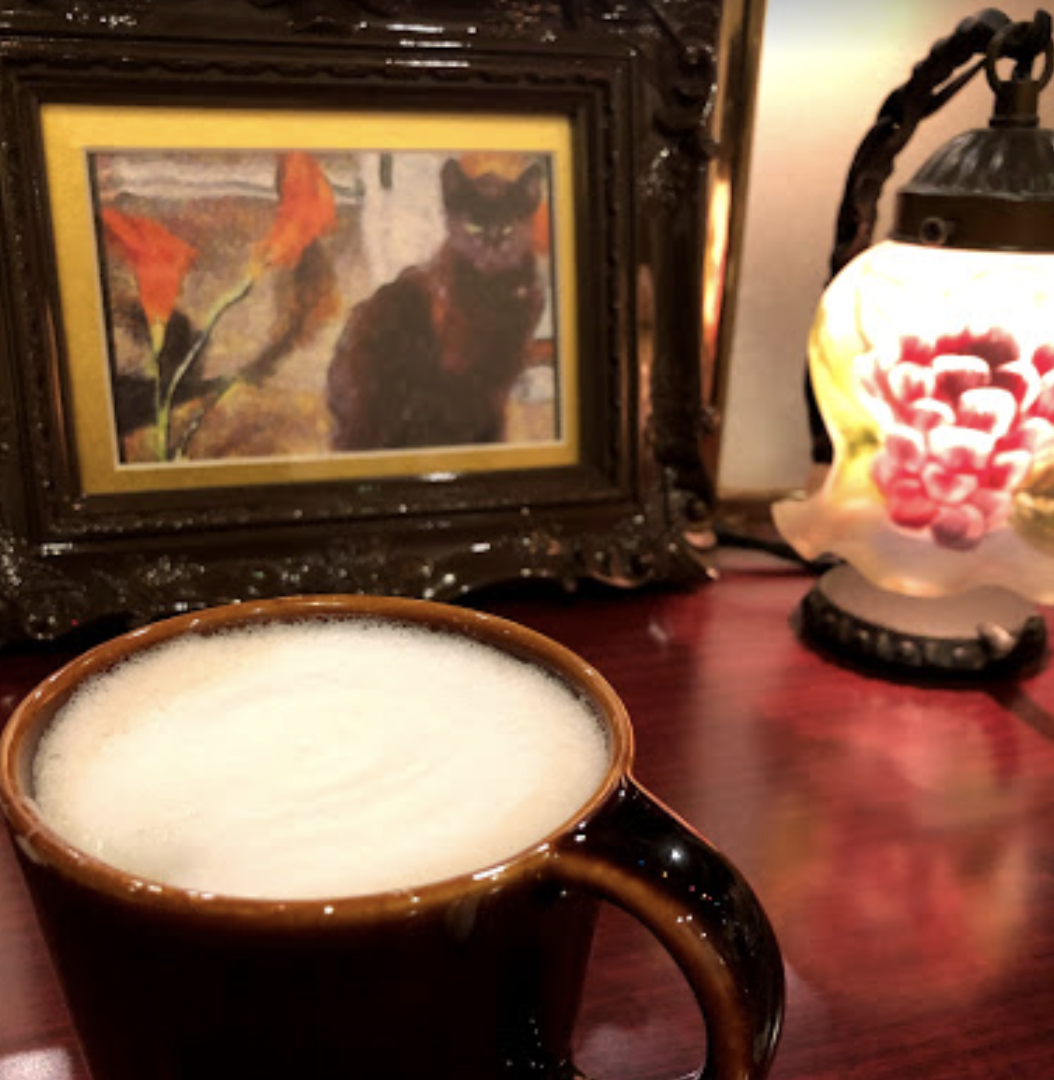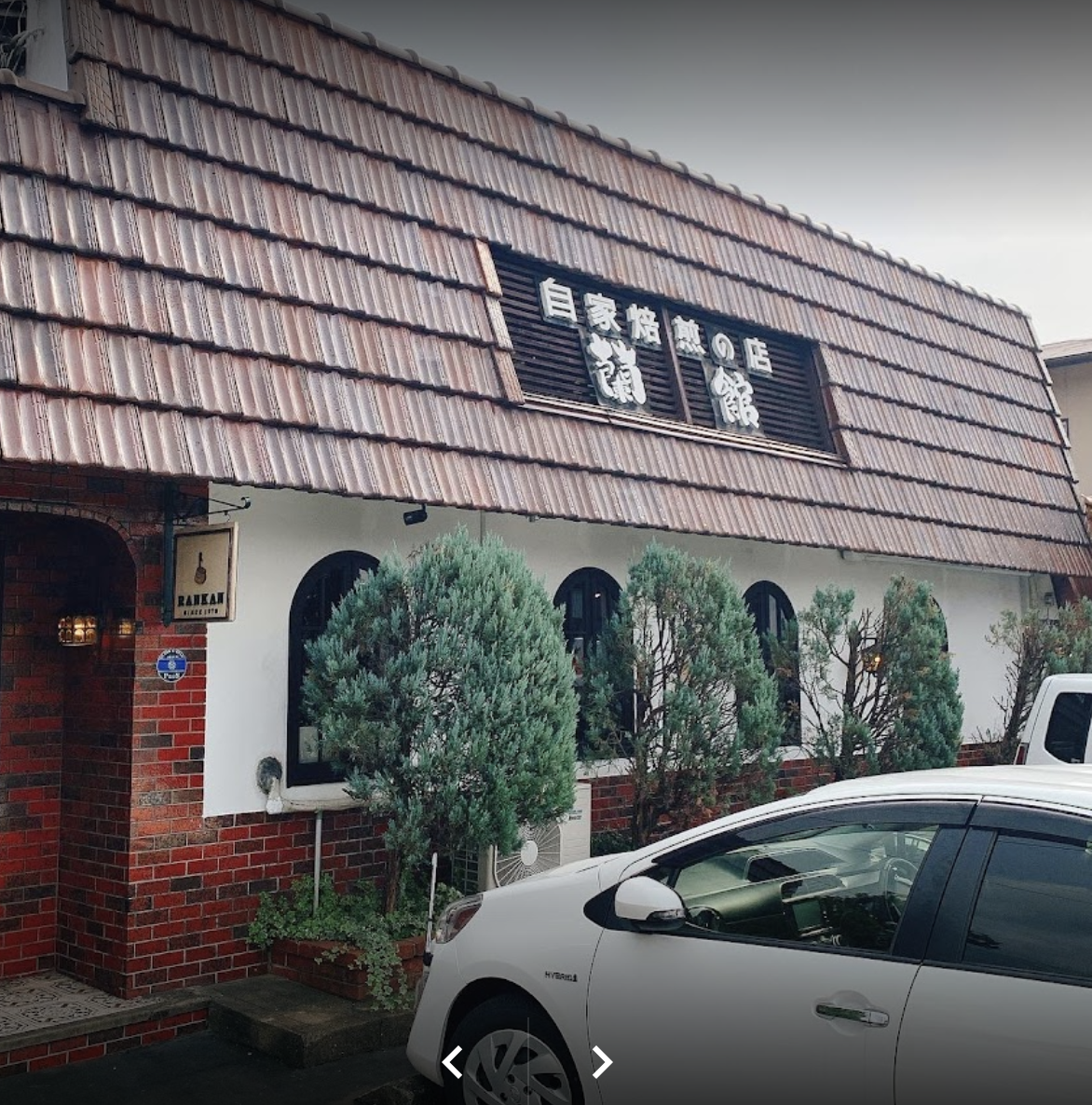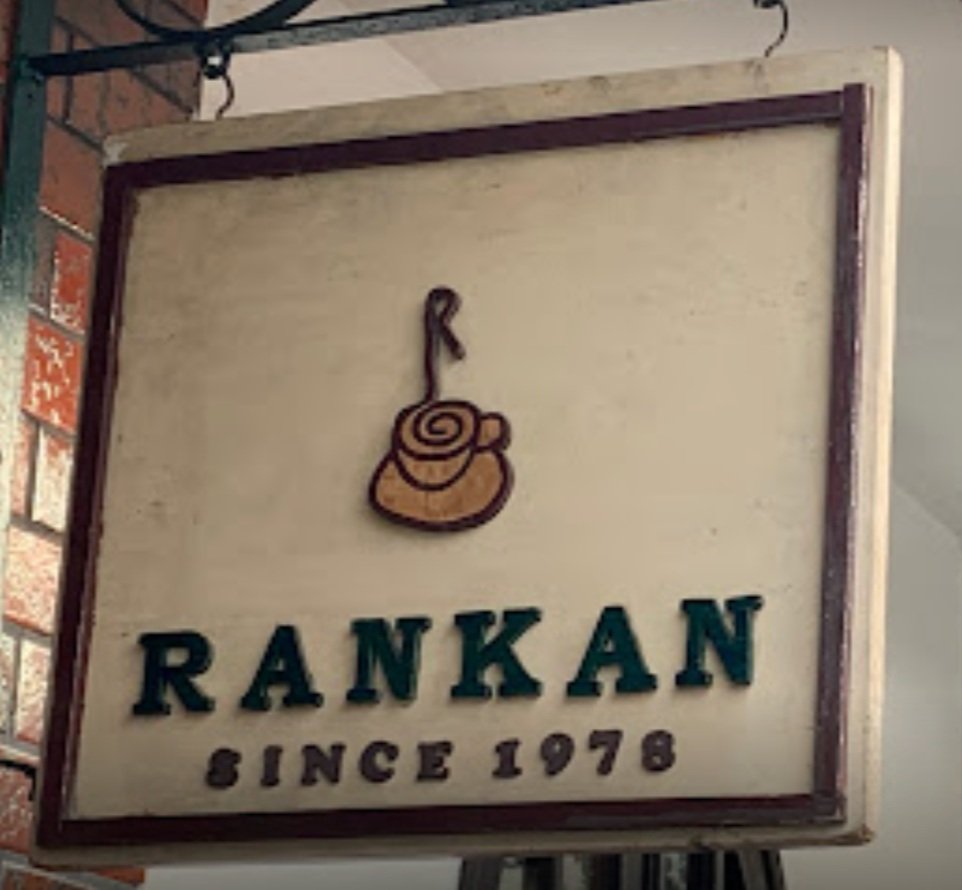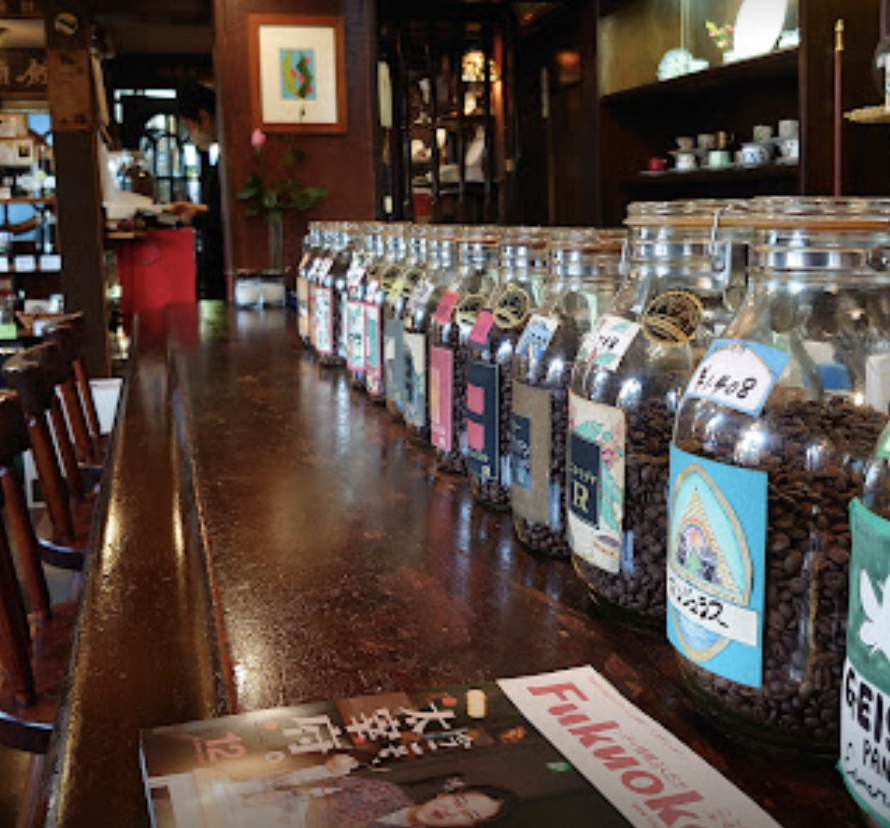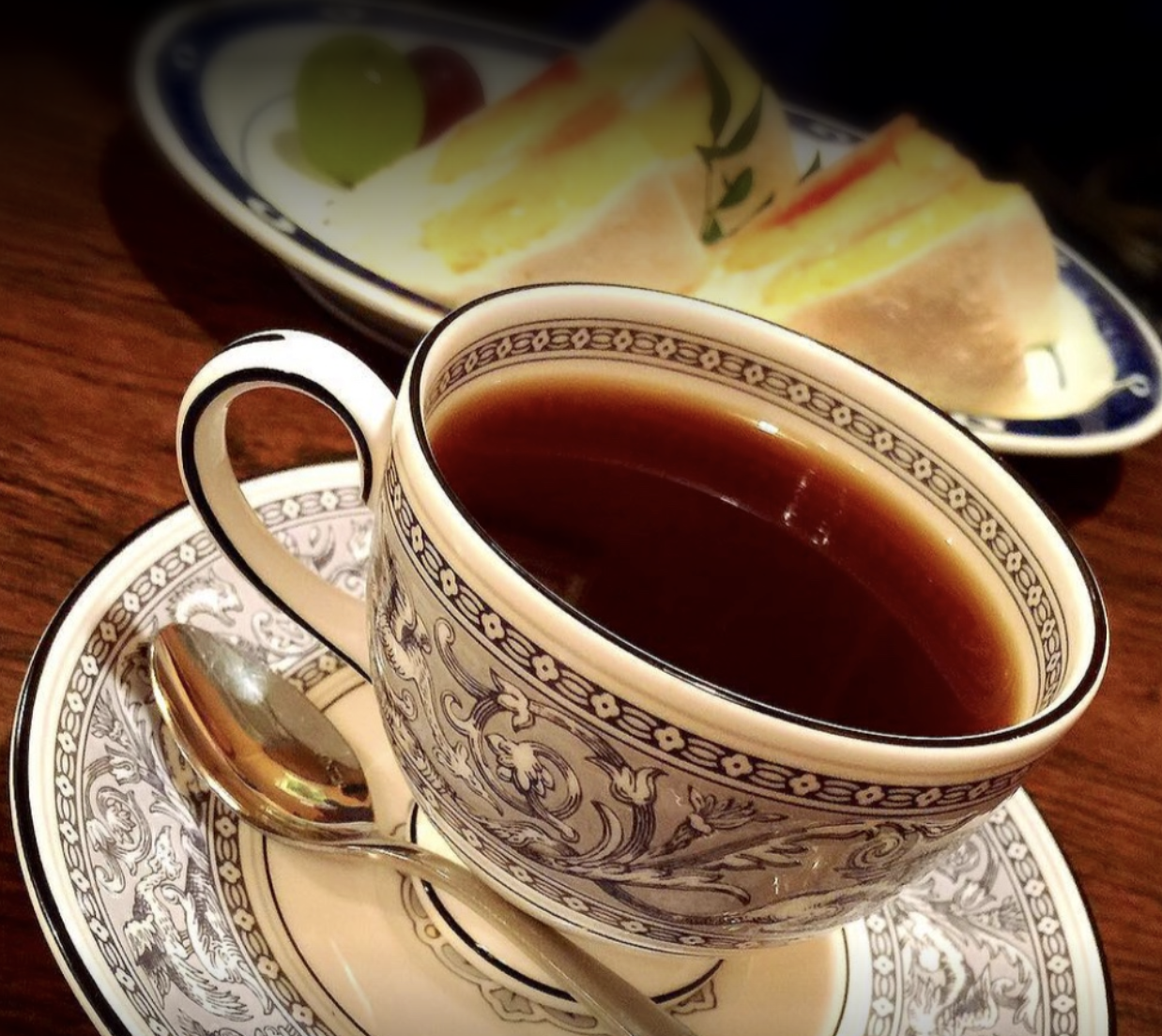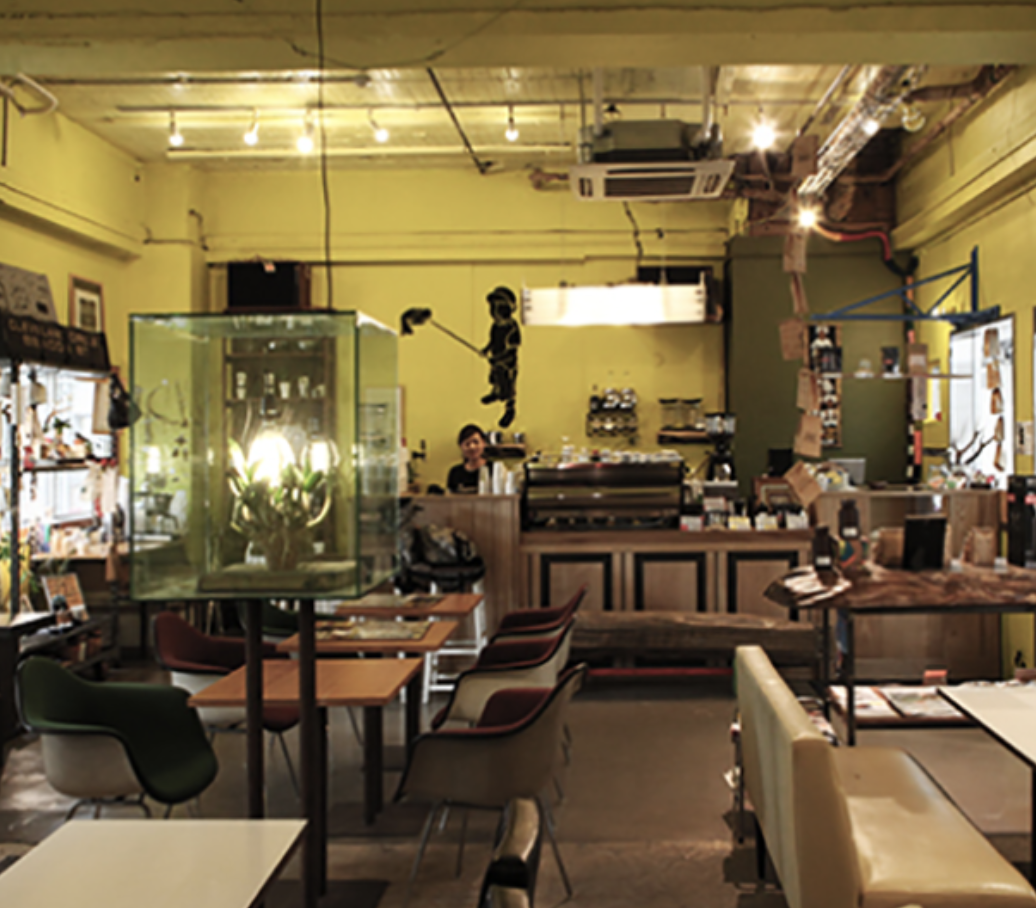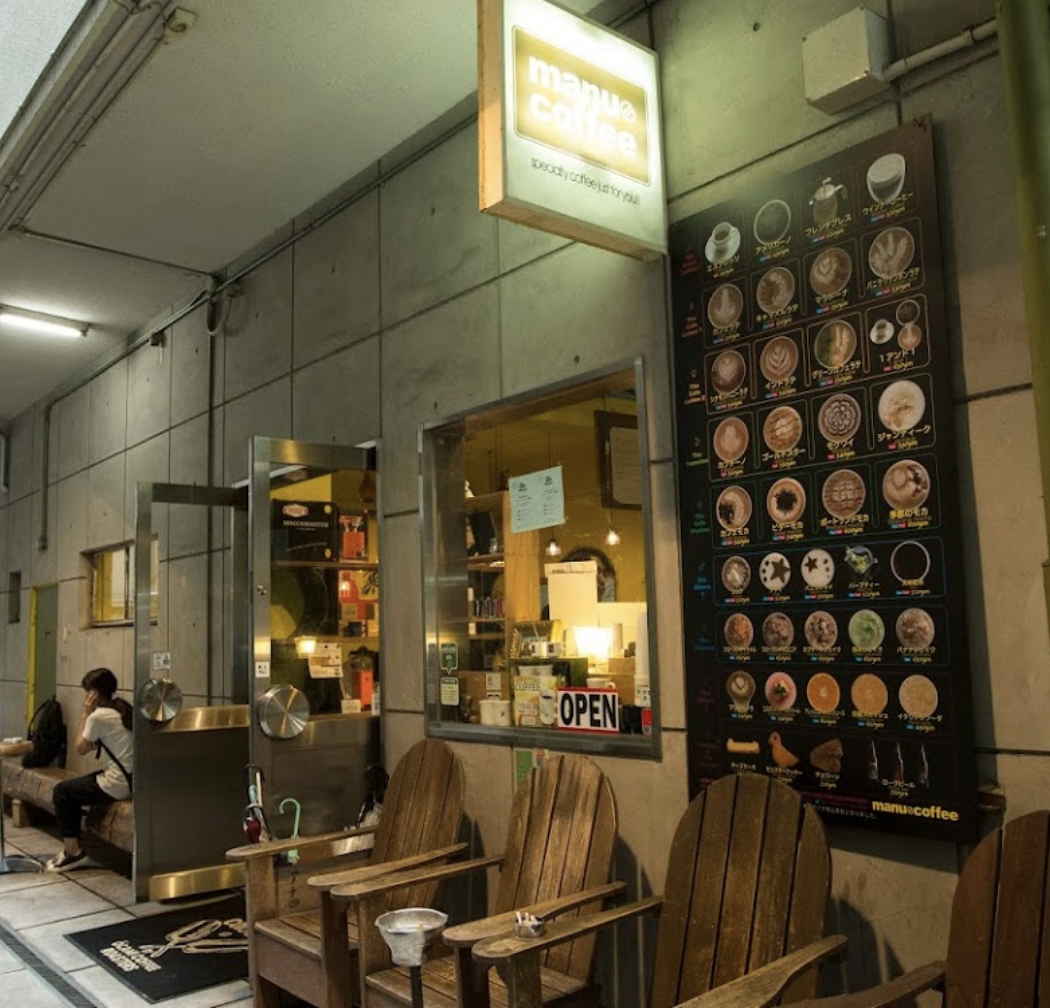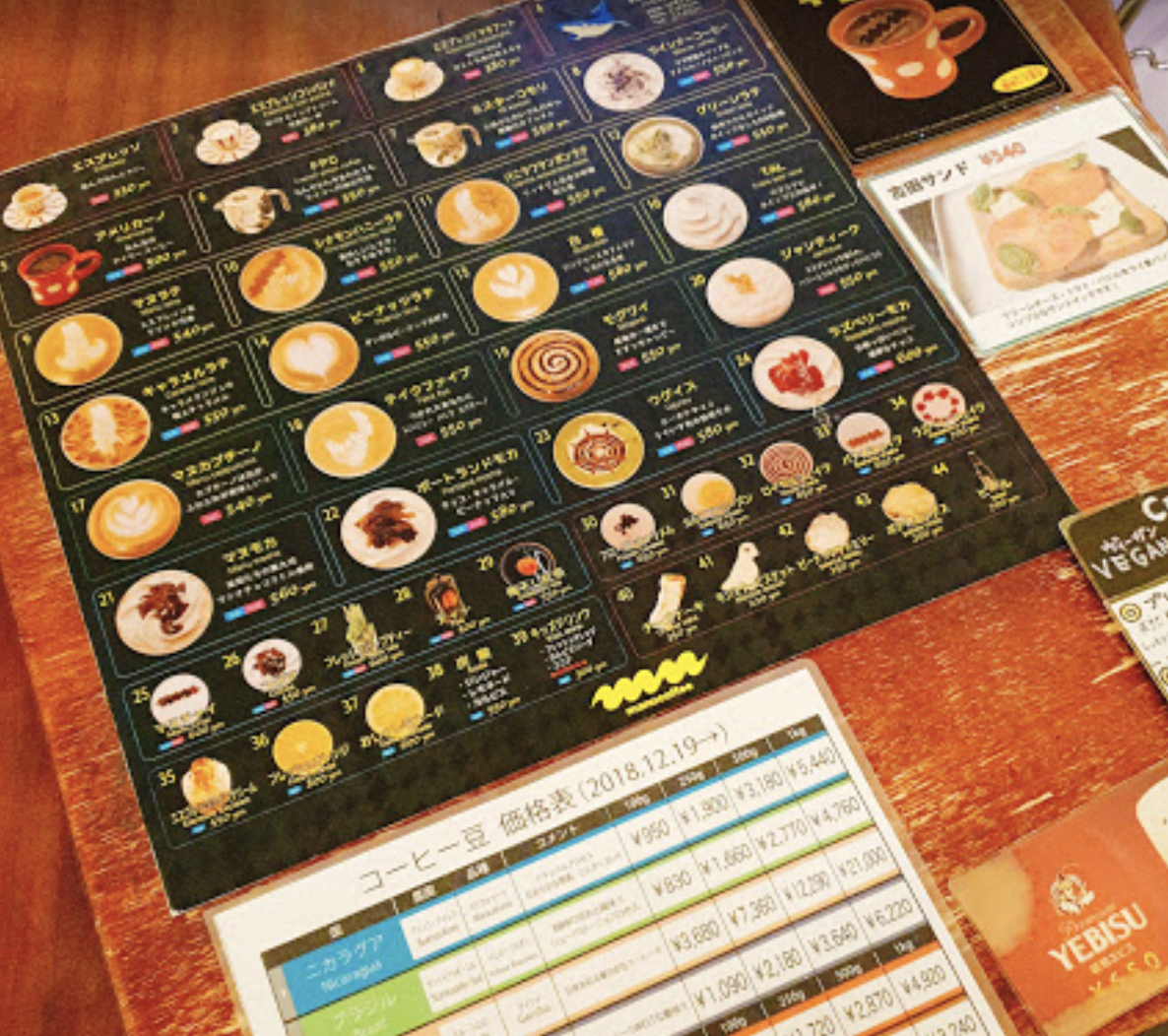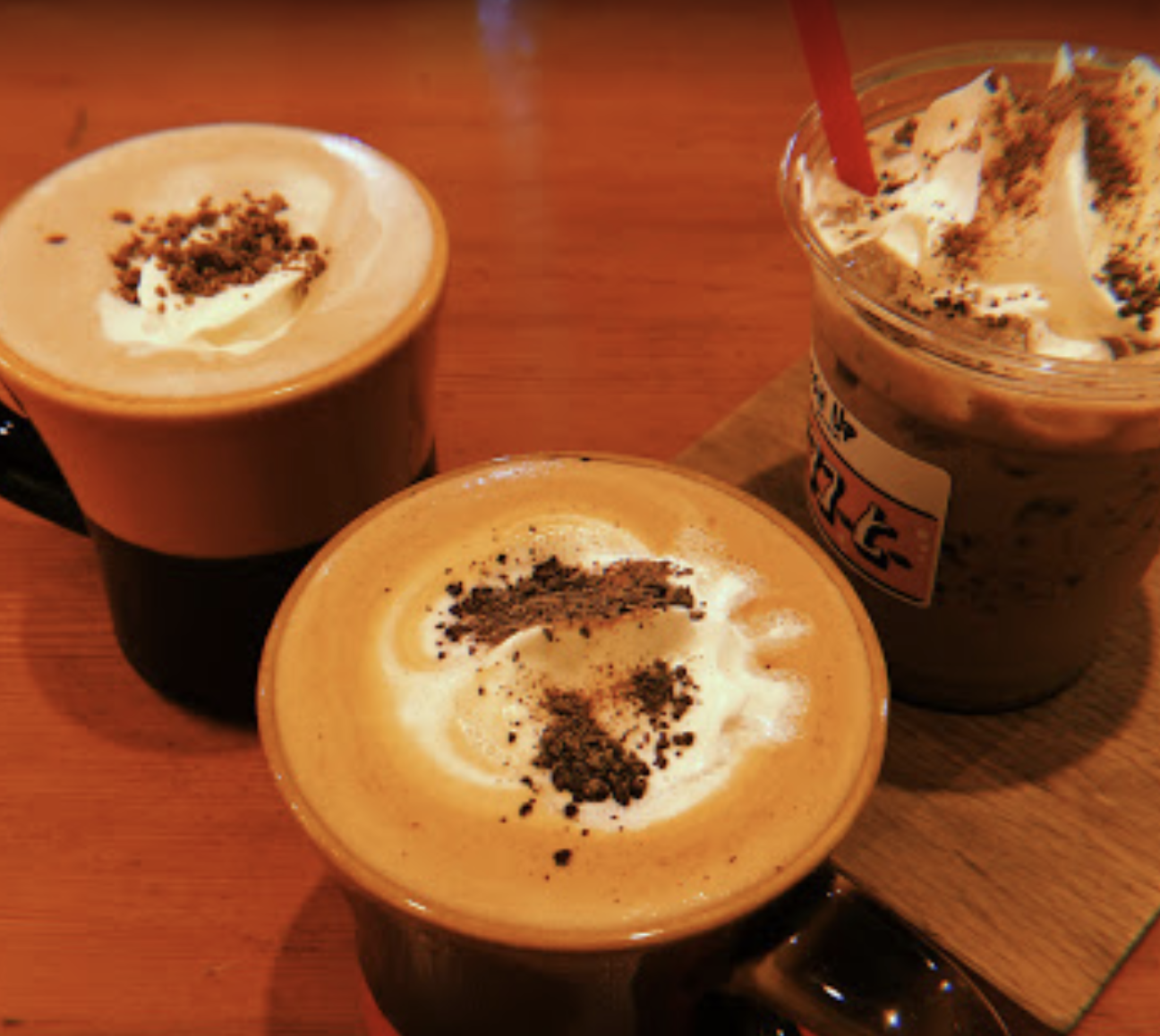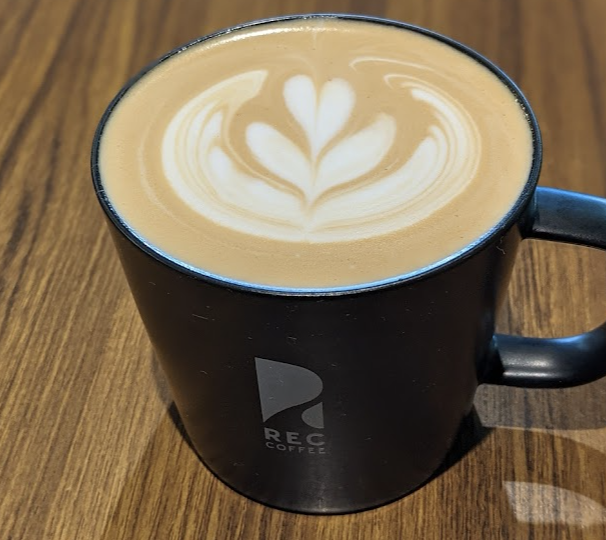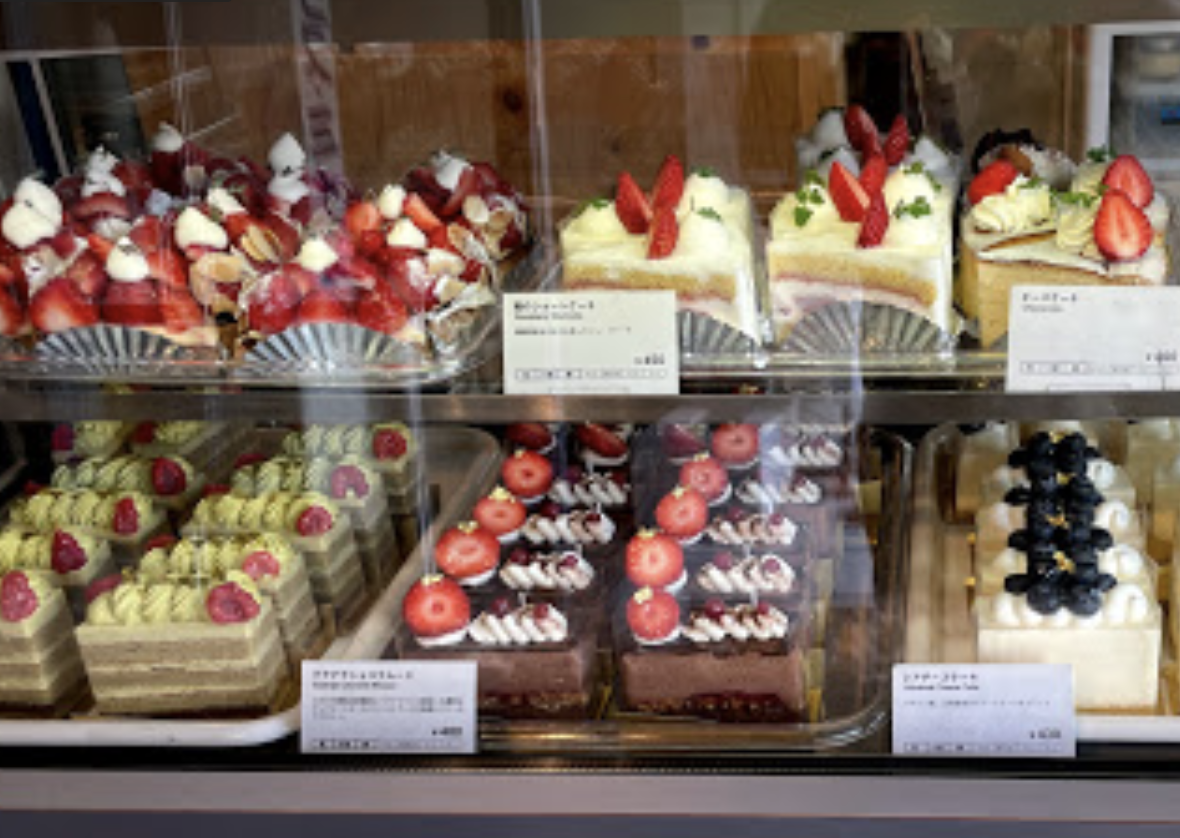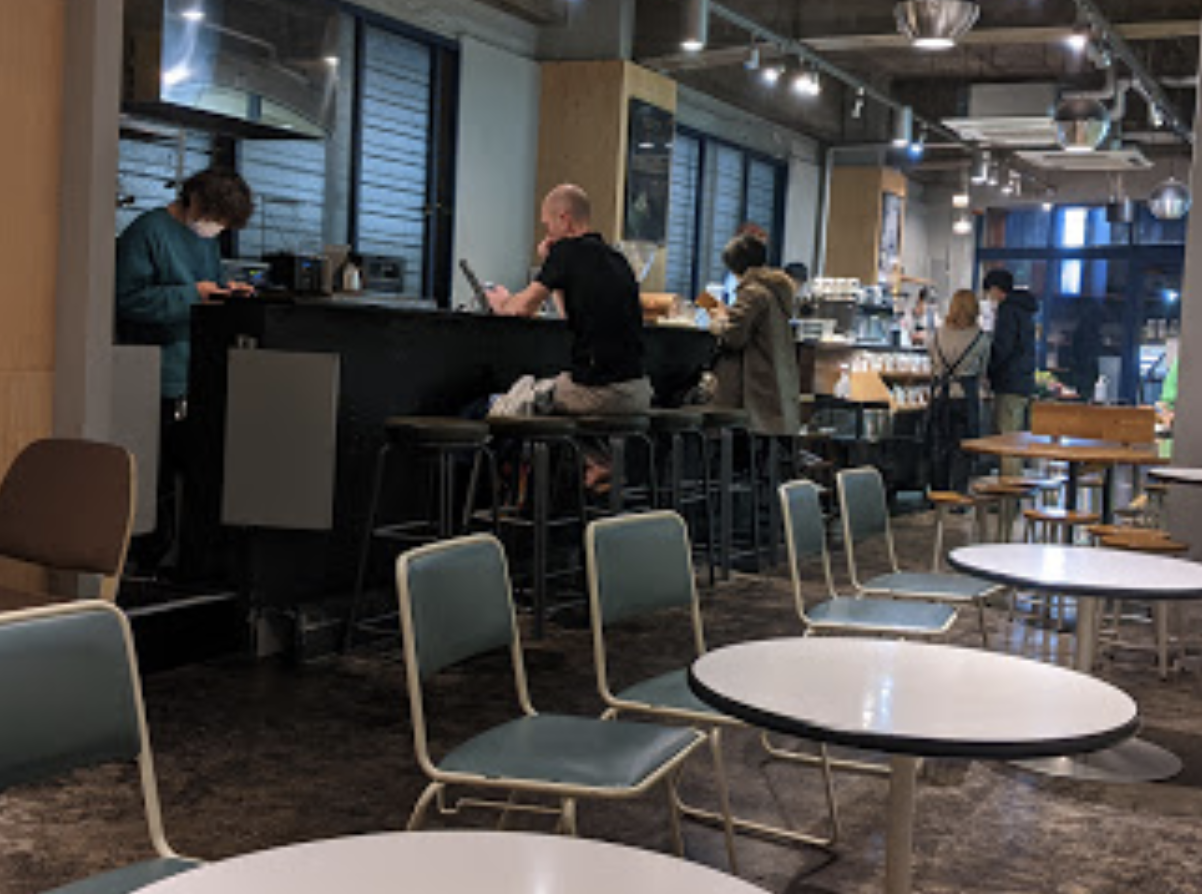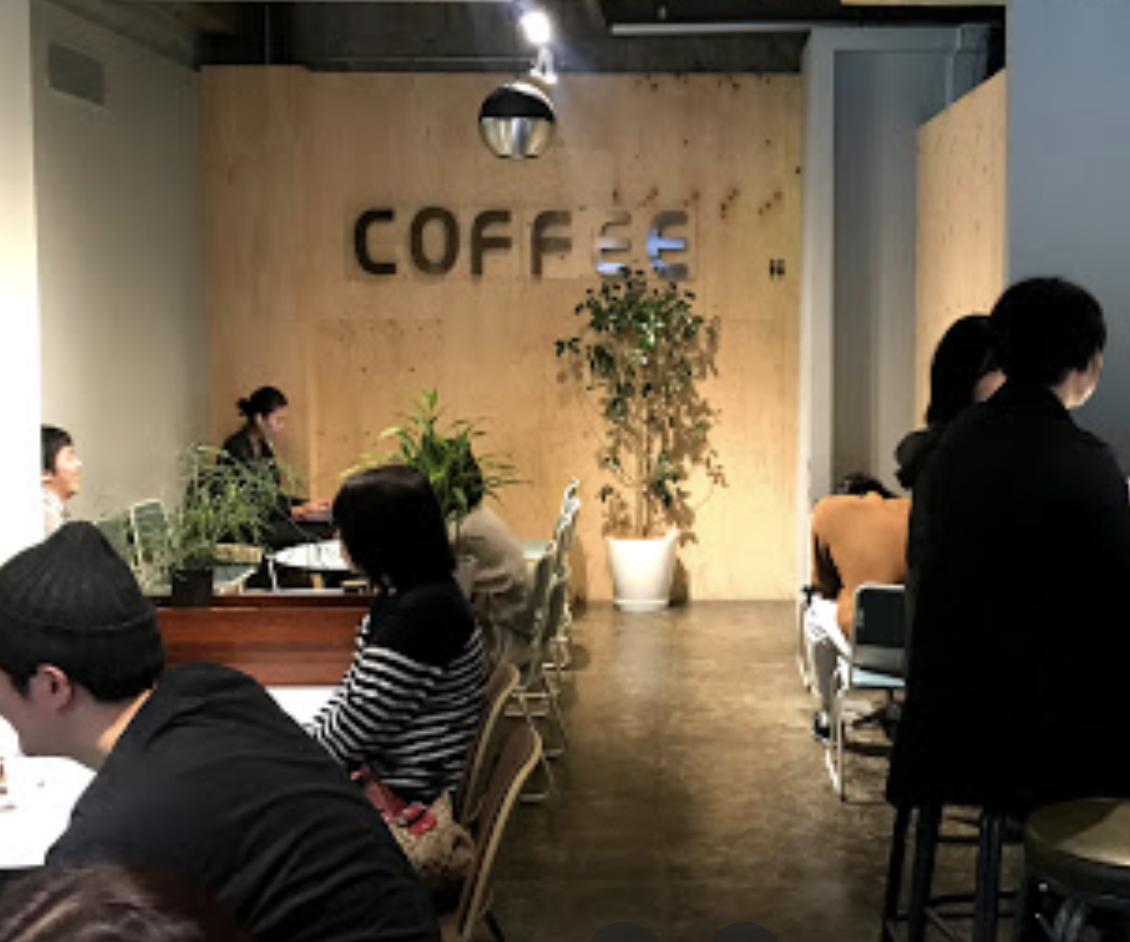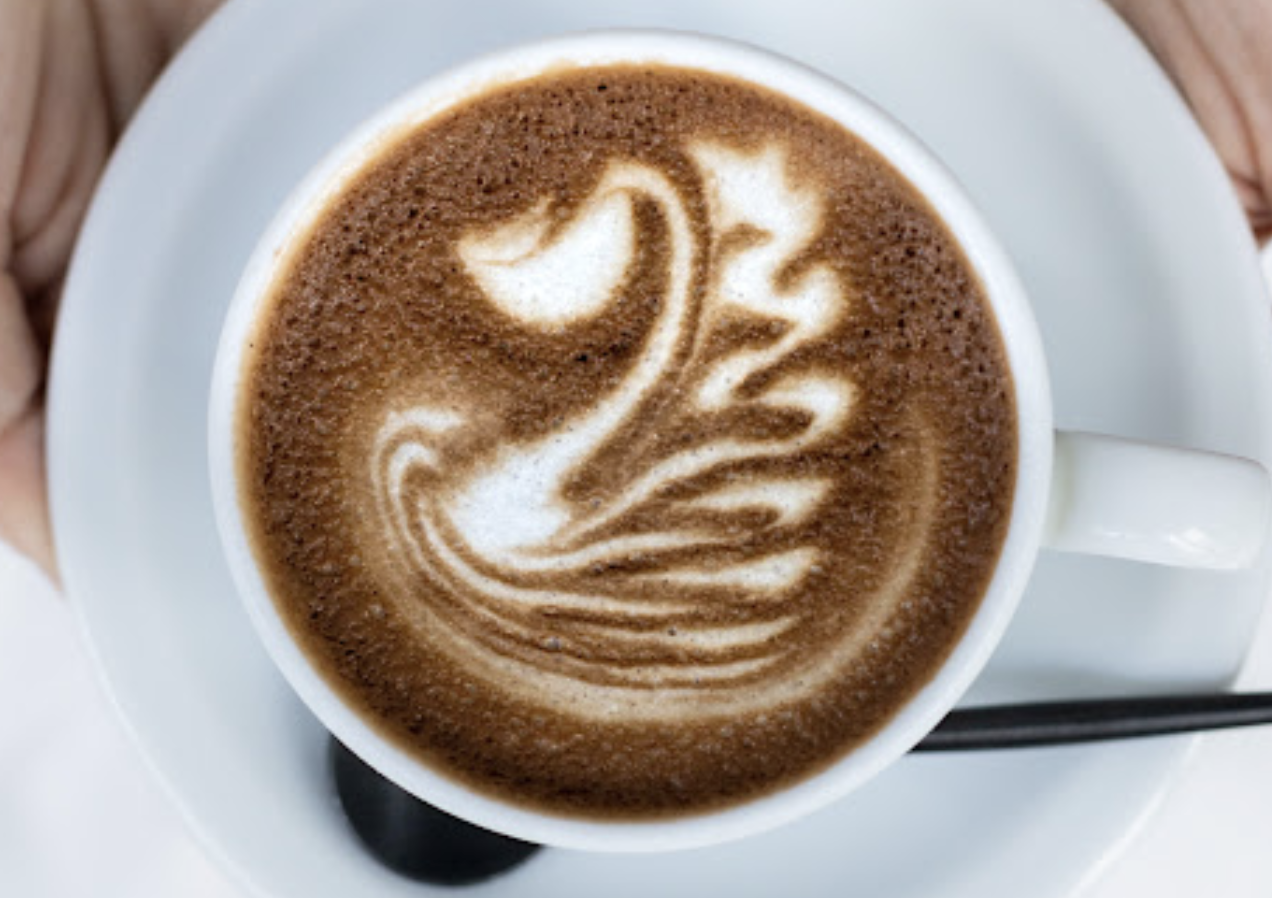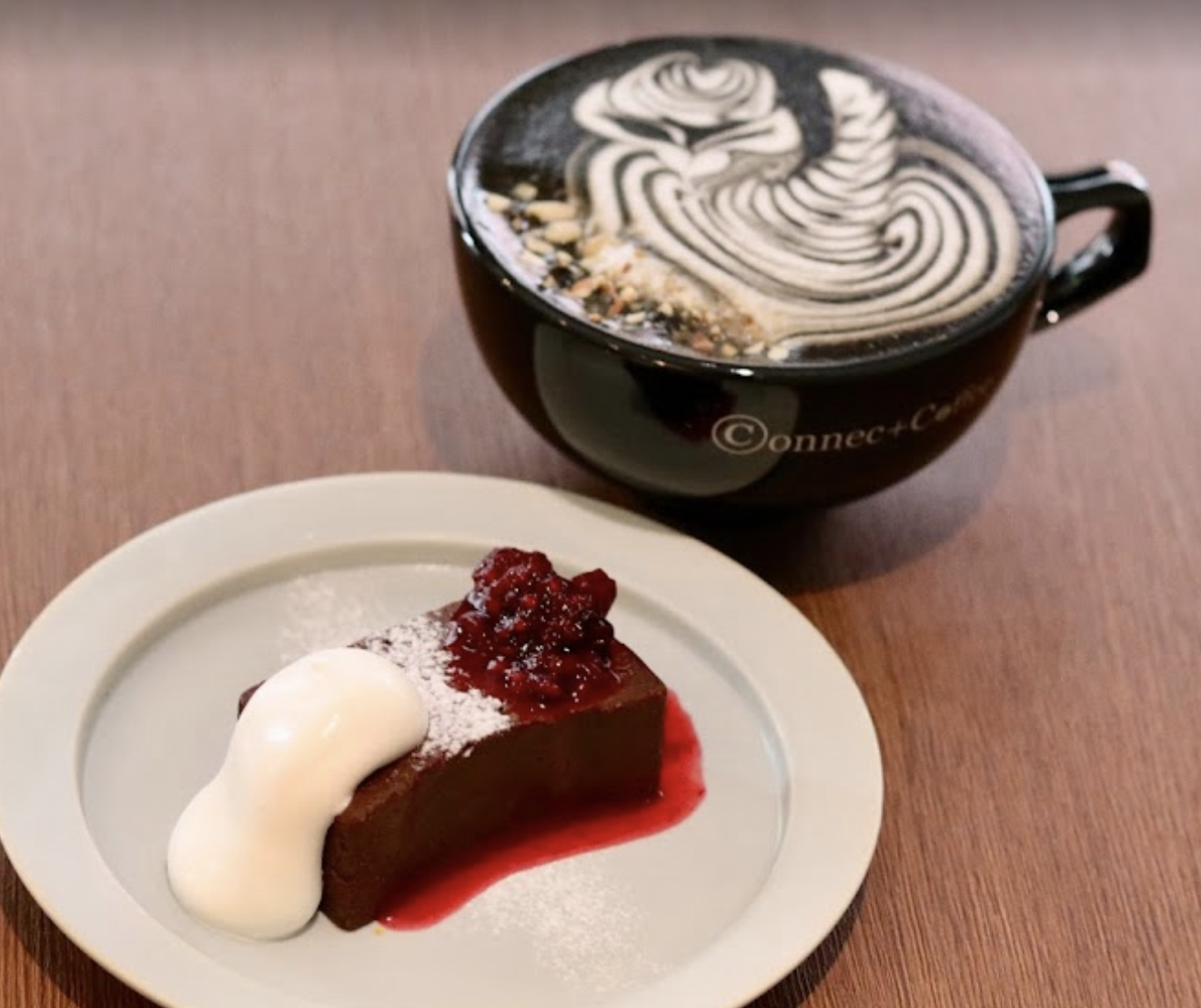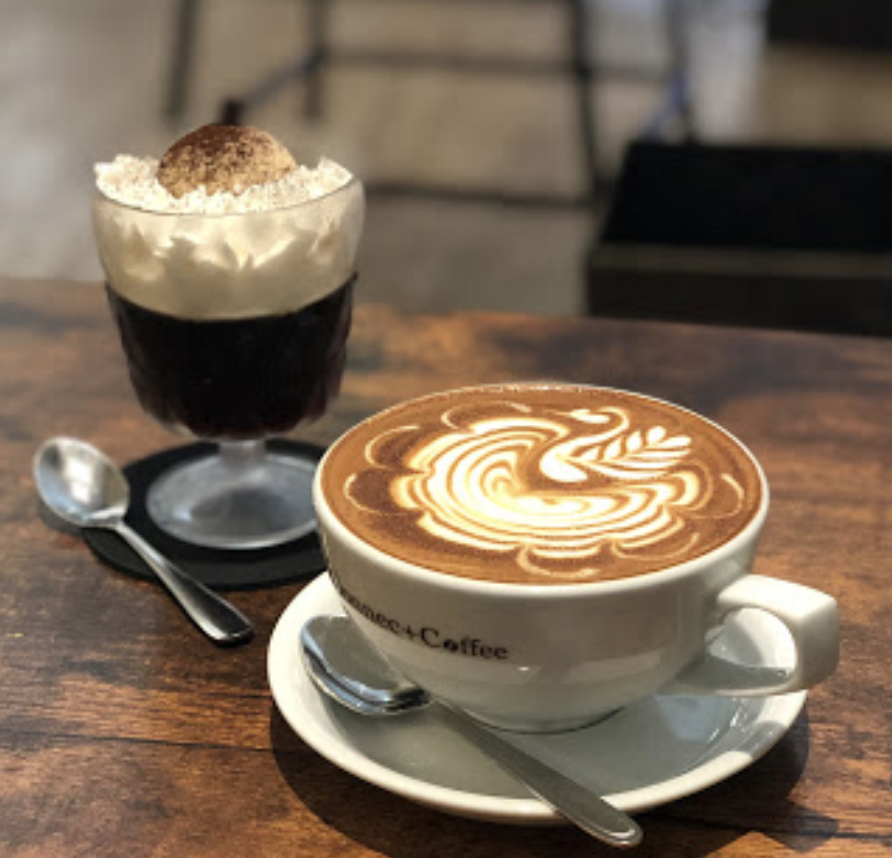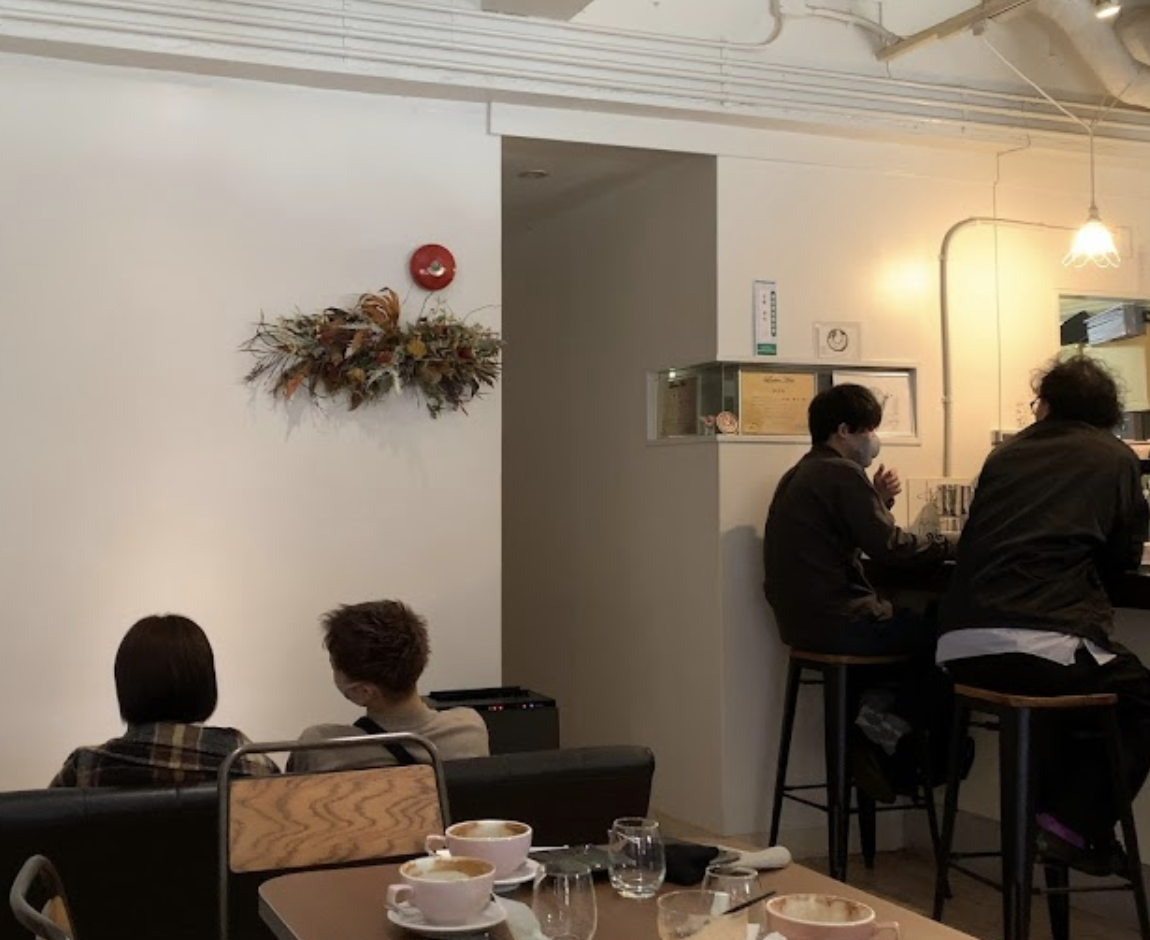Kissa-ten (喫茶店) or Cafe (カフェ)? How to find the right coffee for you!
Not all coffee lovers are built equal - some prefer lattes decorated with intricate art, cappuccinos, macchiatos, a stylish atmosphere, and an array of light snacks and food to pair with their drinks. Some, however, prefer to choose their blend’s origin or have a preference for tasting notes, acidity, and depth. Some like their coffee prepared a certain way, and some are simply happy to buy it from one of Japan’s many vending machines.
That’s why the question, “where is the best coffee in Fukuoka?” is a particularly difficult one to answer - it completely depends on the person!
It’s more important to understand what your personal preference is, so you can have a better time finding exactly what you want.
Coffee Shops in Japan are divided into two main categories; “Kissa-ten” (喫茶店), and Cafes (カフェ). Knowing the difference between the two will help you easily narrow down the kind of coffee experience you’re looking for.
Some Background On Kissa-Ten (喫茶店)
Sometimes also written as 珈琲店 (Kohi-ten)、Kissa-ten first popped up in the Showa Era (1926-1989) as establishments that exclusively served tea and coffee, in contrast to the growing cafe scene that had more of a “foreign” influence. The most commonly associated public image of a Kissa-ten today is the well-preserved retro showa atmosphere, often paired with antique furniture and tableware inside. Many are dimly lit, and produce a quiet and calm environment made for relaxing and escaping the noise outdoors.
However, due to licensing, most Kissa-ten are not authorized to serve alcohol, and often focus solely on serving coffee. Complex cooking is not allowed, but the simple reheating of foods is permitted. This is why in some establishments, light meals such as pasta or toast are also served, but complex desserts and full-sized dishes are not.
Many of them seem to have been in business for a long time, Kissa-ten tend to be small-scale or privately owned, and frequented by local patrons who are slightly older due to the Showa nostalgia factor.
(These days there are more contemporary Kissa-ten that hold official “cafe licenses” and have blurred the lines between authentic and trendy to the point where a sub-genre, known as Jun-Kissa (純喫茶) was born. The kanji 純, meaning “pure”, indicates that (純喫茶) Jun-Kissa are committed to preserving the original concept of Kissa, and are sought out by Kissa-purists who prefer a non-modernized version of their favorite coffee shops.)
A Kissa-ten is a good choice for coffee lovers who:
・ Want to experience an authentic retro-style Japanese coffee shop.
・ Appreciate the slow service and quiet atmosphere.
・ Don’t require modern-day comforts like WiFi or power outlets.
・ Enjoy black coffee in its purest form with few bells and whistles.
・ Don’t require a heavy meal or complex snack to pair with your beverage.
Popular Kissa-ten around Fukuoka include:
Cafe Bimi (珈琲美美)
Nestled against the green surroundings of Maizuru Park and Gokoku Shrine, Cafe Bimi has been around since the 1970s and is popular for its flannel-dripped coffee, a rarity in the local coffee scene. The first floor is for take-out orders (either coffee to-go, or just the beans), but head up to the second floor to be seated in an elegant and intimate space while your coffee is made-to-order. The hand-dripped coffee takes some time to prepare, so bring a book and expect to take it slow.
Hanasaka (花坂)
A popular hidden coffee shop in the Daimyo area, located on the 5th floor inside a bar known as “Petrol Blue”, Hanasaka operates during the day, surrounded by old records and movie memorabilia. The casual at-home atmosphere, and the master’s hand-dripped coffee, make it a popular choice amongst locals and tourists alike. Light sweets such as pudding and cake are also available for pairing.
Kuroneko Coffee (黒猫屋珈琲店)
Also on the outskirts of Daimyo, a short walk from Tenjin, is Kuroneko Coffee (Black Cat Coffee), a small vintage siphon filter coffee shop. Enjoy the antique decor, the black cat motifs, and the mesmerizing vintage siphon filters in action as each up is made to order. Sandwiches and light food fare are available as well.
House Roasted Coffee Rankan (自家焙煎珈琲 蘭館)
A short walk from Dazaifu Station, is Rankan, a coffee house that has been around since the 1970s, and still stands with nostalgic interior and personal style. With many house-roasted original blends to choose from, coffee lovers can revel in the glory of choosing a coffee roast that matches their personal taste. A nice break from the business of the popular nearby Dazaifu Tenmangu Shrine.
Now, about cafes (カフェ):
While Kissa-ten tend to be retro and antique, cafes have a more modern and fashionable image in Japanese society. The interior of the store is more Western-style and tends to have a brighter, open atmosphere. Chain stores are more common, especially in big cities and shopping districts, and the menus usually have a wide range of coffee-adjacent items, both sweet and savory, in order to please everyone.
Another big difference is the social aspect of cafes - unlike Kissa-ten where the focus tends to be solely on the coffee and the atmosphere, cafes are sometimes used for purposes other than drinking coffee - remote work, meetings, social gatherings, etc.
A Cafe is a good choice for coffee lovers who:
・ Prefer coffee served with milk, sweetened, or flavored.
・ Prefer an atmosphere that is more lively with younger patrons.
・ Require extra amenities like WiFi or power outlets for work.
・ Enjoy pairing your drink with a meal or dessert.
・ Are interested in the latest trends and popular restaurants.
Popular Cafes around Fukuoka include:
Manu Coffee (Daimyo)
In a small side alley off the main shopping street in Tenjin, Manu Coffee (a local popular cafe chain)’s Daimyo location hides from the weekend chaos and combines an artsy-minimalist decor with a full-fledged menu of coffee, lattes, and other drinks to sip on. Great for meetings, remote work, and small gatherings.
Rec Coffee (Yakuin)
A local cafe chain with several locations in the city, Rec Coffee not only offers a selection of beans and roasts, but flavored lattes, smoothies, and surprisingly very high-quality seasonal desserts. Other locations include Hakata Marui, Josui Dori, and Tenjin.
Well known for their latte art, and the trendy photogenic sweets, Connect Coffee in Tenjin is a popular place to visit for both locals and tourists visitng Fukuoka City. While milk-based coffee drinks are by far the most popular item on the menu, black coffee lovers can choose french press or drip coffee as well.
No matter what your preference is, knowing which one is more your style will help you narrow down the search on your personal quest for “good coffee in Fukuoka” - and hey, you don’t have to commit to one or the other either. Experience both styles to truly round out your cafe-hopping experience!
Do you have a favorite cafe in the city? Is it a Kissa-ten or a Cafe? Let us know your recommendations in the comments below!
